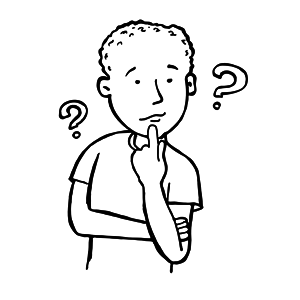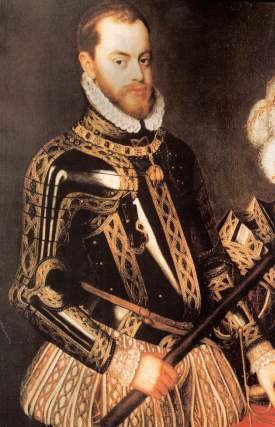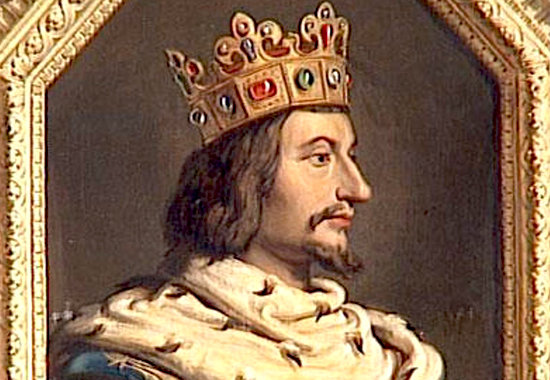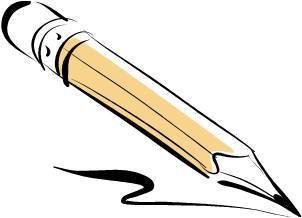ABSOLUTE MONARCHS IN EUROPE
1500 - 1800 A.D.
ABSOLUTE
having unlimited power
( adjective )
DIVINE RIGHT
the right that is supposedly given to a king or queen by God to rule the country
( noun )
WHY STUDY THE ABSOLUTE MONARCHS OF EUROPE
-
Absolutism formed the backdrop to some of the key events of later European history, including the French Revolution, Napoleon’s rise to power, and the revolutions of 1848.
WHY STUDY THE ABSOLUTE MONARCHS OF EUROPE
-
The experiences of the British under a monarchical system greatly influenced the framers of the U.S. Constitution.
-
To this day the U.K. is governed by constitutional monarchy.

How absolute monarchy might differ from other forms of government , such as dictatorship, that also concentrate in a single person or group?
WHY STUDY THE ABSOLUTE MONARCHS OF EUROPE
-
Knowledge of European history is key to understanding pivotal events of the 20th century, such as the two world wars, the re-emergence of independent republics following the collapse of the Soviet Union in 1991, and the conflict in the Balkans in the 1990’s.
Spain's Empire and European Absolutism
Chapter 21 - Lesson 1
MAIN IDEA
During a time of religious and economic instability, Philip II rules Spain with a strong hand.
WHY IT MATTERS TODAY
When faced with crisis, many heads of the government take on additional economic or political powers
IMPORTANT TERMS & NAMES
-
Philip II
-
absolute monarch
-
divine right
A POWERFUL SPANISH EMPIRE

What are benefits and drawbacks for society when a ruler monopolizes important decision making ?
PHILIP II
" His smile and his dagger were very close"


CHARLES V
PHILIP II
... seized the Portuguese kingdom

PHILIP II
... defender of Catholicism

PHILIP II
... defeat of the Spanish Armada


ACTIVITY
Comparing the Spanish & English Navies
- Task : Making a table of the strengths and weaknesses of the Spanish Armada and the English naval fleet in their battle in the English Channel.
- Instructions: use the internet to gather information on the number of ships, guns, troops, the Spanish and the English had, and the number of casualties and shipwrecks each side suffered. Organize the information in a table.